Coffee is one of the most popular drinks in the world . It contains a very common stimulant called caffeine.
Many people believe that coffee should be drunk immediately after waking up, but others believe that drinking it within a few hours of waking up is more beneficial. So, what is the best time to drink coffee to maximize the benefits and minimize the side effects?
1. Cortisol and coffee

The best time to drink coffee is mid- to late morning when the body's cortisol levels are lower.
Many people enjoy coffee when they first wake up or within 15 minutes of waking up. However, some nutritionists believe that drinking coffee too soon after waking up will reduce its energizing effects because the body's stress hormone cortisol is at its highest at this time.
Cortisol is a hormone that can increase alertness and focus. It also regulates metabolism, immune system response, and blood pressure. This hormone follows a specific rhythm for the body's sleep-wake cycle, with levels peaking 30-45 minutes after rising and gradually decreasing throughout the rest of the day. That said, the best time to drink coffee is mid- to late-morning when the body's cortisol levels are lower.
However, to date no studies have observed any superior energy-promoting effects of delaying morning coffee consumption compared to drinking it immediately upon waking.
Another reason to delay your morning coffee is because the caffeine in coffee can increase cortisol levels.
Drinking coffee when cortisol levels are at their peak can further increase these hormone levels. Long-term high cortisol levels can suppress the immune system, causing health problems.
However, there have been no long-term studies on the health effects of increased cortisol from drinking coffee. Furthermore, the increase in cortisol caused by caffeine tends to decrease in people who regularly consume caffeine.
That said, there’s no harm in having your coffee when you wake up instead of a few hours later. But if you’re willing to change your morning coffee routine, delaying your coffee by a few hours can help give you more energy.
2. Coffee can boost exercise performance
Coffee is known for its ability to promote wakefulness and increase alertness, but the beverage is also an effective exercise performance enhancer because of its caffeine content.
Several studies have shown that caffeine can slow exercise fatigue and improve muscle strength and power.
While it may not make a significant difference whether you choose to enjoy your coffee upon waking or several hours later, the effects of caffeine from coffee on exercise performance are time-dependent.
If you're looking to optimize the beneficial effects of coffee on exercise performance, it's best to consume the beverage 30–60 minutes before your workout or sporting event.
3. Affects sleep
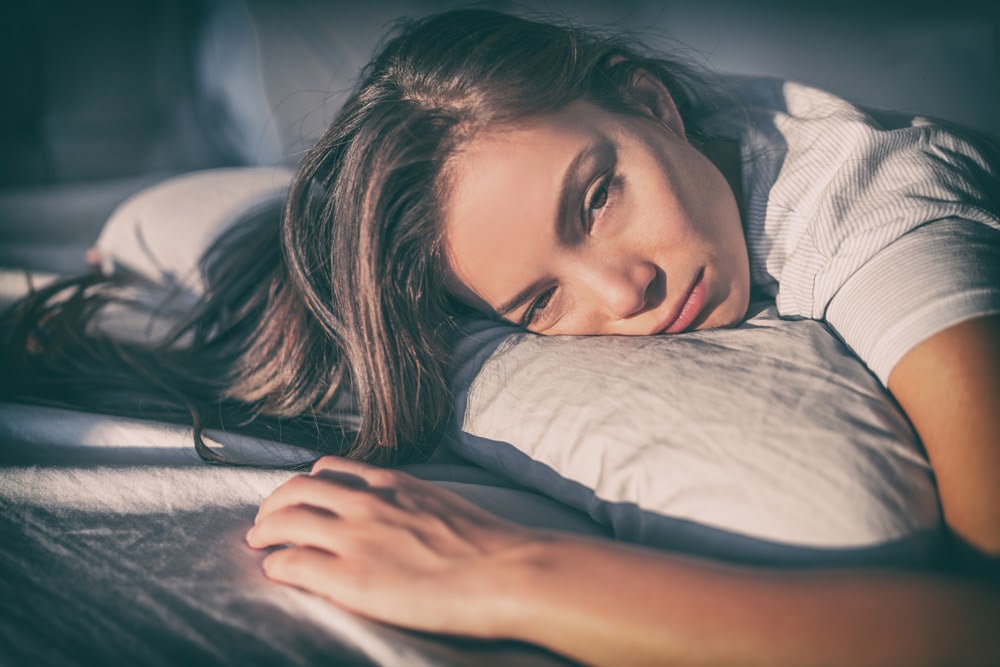
Drinking coffee too close to bedtime can cause insomnia.
The caffeine in coffee can promote alertness and increase exercise performance, but it can also cause sleep problems and anxiety in some people.
The stimulating effects of caffeine from coffee last for 3–5 hours, and depending on individual differences, about half of the total amount of caffeine consumed remains in the body after 5 hours. Drinking coffee too close to bedtime, such as with dinner, can make it difficult to fall asleep. To avoid the disruptive effects of caffeine on sleep, avoid consuming caffeine at least 6 hours before bedtime.
In addition to sleep problems, caffeine can increase anxiety in some people. If you feel anxious and find that drinking coffee makes it worse, you should drink less or avoid it altogether.
4. When should and should not drink coffee?
4.1. The best time to drink coffee
Morning from 9am to 11am: The time from about 9am to 11am is the ideal time to drink coffee, helping you to be most alert. This is when the cortisol level in the body decreases, creating the ideal conditions for drinking coffee.
Afternoon 1 PM to 5 PM: The next best time to drink coffee is from early afternoon to 5 PM. During this time, people often feel sleepier after lunch and need a “boost” to get going. Cortisol levels have also decreased, making it more suitable for you to absorb some caffeine.
4.2. When you should not drink coffee
Avoid drinking coffee right after waking up: Avoiding drinking coffee right after waking up will limit your dependence on caffeine. This helps maintain your body's natural cycle and prevents you from feeling tired for a long time. Instead, wait a little while and consume coffee at the most appropriate time of the day (around 9 AM to 11 AM) to maximize its benefits.
Avoid drinking coffee in the evening: Avoid drinking coffee in the evening because caffeine can disrupt sleep and reduce sleep quality. Consuming caffeine at this time can easily affect your ability to sleep and cause fatigue the next day. Instead, choose caffeine-free drinks or herbal teas to maintain good sleep for better relaxation at night.
Source: https://giadinh.suckhoedoisong.vn/uong-ca-phe-tot-nhat-va-te-nhat-vao-luc-nao-trong-ngay-172241017212933257.htm




![[Photo] Prime Minister Pham Minh Chinh launched a peak emulation campaign to achieve achievements in celebration of the 14th National Party Congress](https://vphoto.vietnam.vn/thumb/1200x675/vietnam/resource/IMAGE/2025/10/5/8869ec5cdbc740f58fbf2ae73f065076)

![[Photo] Prime Minister Pham Minh Chinh chairs the Government's online conference with localities](https://vphoto.vietnam.vn/thumb/1200x675/vietnam/resource/IMAGE/2025/10/5/264793cfb4404c63a701d235ff43e1bd)

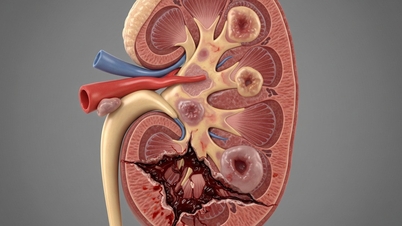


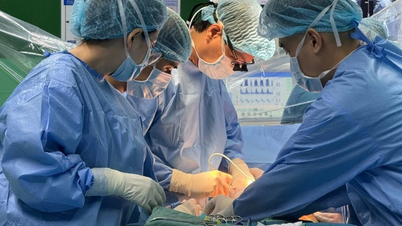

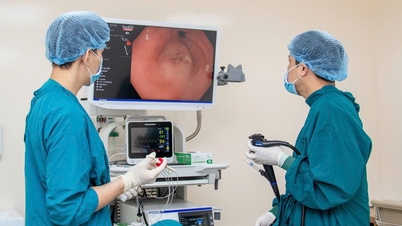
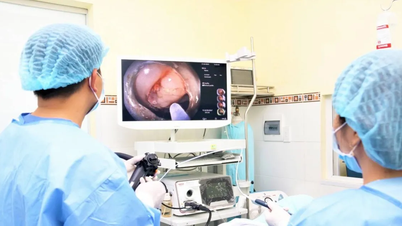





































![[VIDEO] Summary of Petrovietnam's 50th Anniversary Ceremony](https://vphoto.vietnam.vn/thumb/402x226/vietnam/resource/IMAGE/2025/10/4/abe133bdb8114793a16d4fe3e5bd0f12)

![[VIDEO] GENERAL SECRETARY TO LAM AWARDS PETROVIETNAM 8 GOLDEN WORDS: "PIONEER - EXCELLENT - SUSTAINABLE - GLOBAL"](https://vphoto.vietnam.vn/thumb/402x226/vietnam/resource/IMAGE/2025/7/23/c2fdb48863e846cfa9fb8e6ea9cf44e7)





































Comment (0)